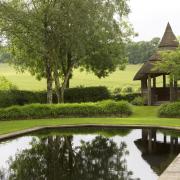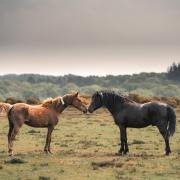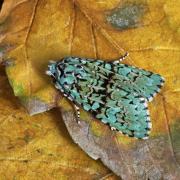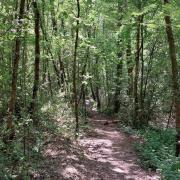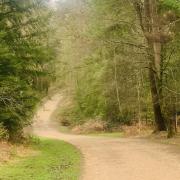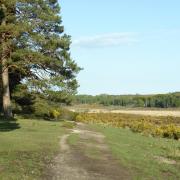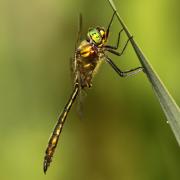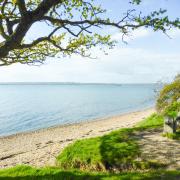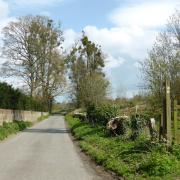The New Forest is a popular area for tourists to go to, but there are several rules that visitors need to be aware of.
Known for its ancient woodland, open moors, heathland and cliff-top walks there is plenty to appreciate in the area.
Similar to the countryside code, there is a New Forest code for the national park that should be followed when enjoying the beautiful surroundings and rich wildlife.
Additionally, new proposals have been accepted to introduce two Public Space Protection Orders (PSPOs) that aim to deter "inappropriate behaviour".

New rules added for New Forest
One of the new PSPOs seeks to prevent people from interacting with ponies and other animals that graze the landscape.
The other prohibits the lighting of fires and barbecues, mainly on land managed by Forestry England.
It follows a series of incidents in which barbecues have started wildfires and people have been injured as a result of getting too close to the area's iconic ponies and donkeys.
Anyone breaching a PSPO can be handed a £100 Fixed Penalty Notice or fined up to £1,000 if the case goes to Southampton Magistrates' Court.
Existing New Forest Rules
Grazing animals - ponies, donkeys, cattle, pigs and sheep
For the safety of both the public and the animals, you must keep your distance from grazing animals, especially mothers with their young.
They are best treated as wild animals so you should not touch them or feed them; they are put out to graze on the land by the commoners so should be left to eat their own natural food which is in abundance within the park.

Driving
The ponies and other animals have no road sense and frequently stand or walk on the unfenced roads, so give them (and walkers, cyclists and horse-riders) a wide berth and be especially careful when driving at night.
Parking
Motorists should only park in designated areas to avoid disruption and damage - Forestry England car parks must be vacated by dusk.
Do not park in gateways or on verges - it is a criminal offence to knowingly damage these habitats.
Dogs
To minimise disturbance to wildlife, livestock and other people, dogs should be kept under close control - if necessary use a lead.
Dogs should be picked up after, especially on paths, in picnic areas and in car parks - take bagged waste home if there is no litter bin nearby.
Fungi
Fungi are essential to the New Forest’s internationally protected ecosystem.
Foray leaders must apply for permission for educational excursions from Forestry England in advance.

If you suspect or see commercial picking you should call the Forestry England on 0300 067 4600 or the National Trust on 01425 650035.
Camping
Wild camping and overnight parking is not allowed anywhere in the New Forest - there are plenty of campsites for this purpose.
Cycling
Only cycle on the waymarked tracks and other designated routes.
When approaching people and animals, call out a warning to make yourself noticed and pass slowly and wide.
Try to leave gaps for overtaking vehicles and never ride more than two abreast. Keep to a safe speed, wear bright colours to be visible and always use lights in the dark.
Horse riding
Horse riders have open access to the New Forest, but to reduce damage to the ground they should use tracks when it’s wet.

Litter
Leave only footprints - take all of your rubbish home with you if you cannot dispose of it responsibly in a bin.
Your food and litter could harm the animals who live on the land and therefore everything should be taken home.
Birds
Again, any litter of food could be particularly harmful to birds so take it home.
To help ground-nesting birds rear their young safely, keep yourself, dogs and horses on the main tracks from the beginning of March to the end of July.





